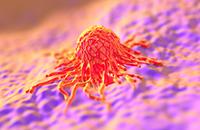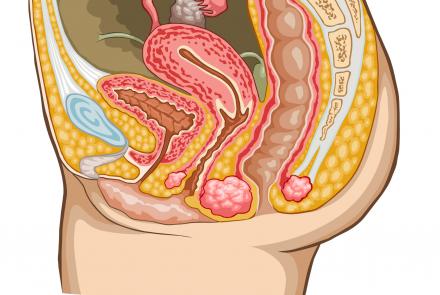Cancer is a group of diseases characterised by out-of-control cell growth. There are more than 100 different types of cancer. The cancer is named after the area of the body or organ where it originates.

Early detection can improve the effectiveness and success of the treatment. Depending on the type of cancer, the doctor may recommend some of the following:
- Imaging techniques such as X-rays, CT scans, MRI scans and ultrasound to locate the tumour and the organ affected by it.
- Blood samples are analysed for signs of cancer, which may include cancer cells, protein or other substances released by cancer cells. Examples of bloods tests include:
- Complete blood count: This common blood test is used to measure haemoglobin, red blood cells, white blood cells and platelet count. An abnormal cell count may indicate blood cancer.
- Tumour Markers: Some tumours release substances called tumour markers, which can be detected in the blood. Examples of tumour markers include prostate-specific antigen (PSA) for prostate cancer, cancer antigen 125 (CA 125) for ovarian cancer, alpha-fetoprotein (AFP) for liver cancer and human chorionic gonadotropin (HCG) for germ cell tumors, such as testicular cancer and ovarian cancer.
- Blood protein test:This test can detect certain abnormal immune system proteins that are elevated in people with multiple myeloma.
- Endoscopy to look for abnormalities inside the body
- Biopsy: Extracting cancer cells and seeing them under a microscope is the only absolute way to diagnose cancer.
Changed
04/Jan/2019
Community
Condition














